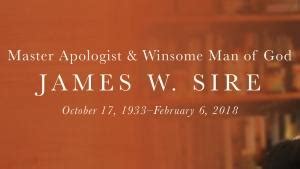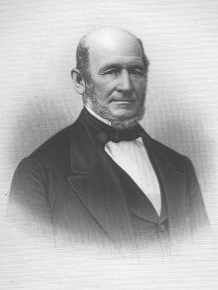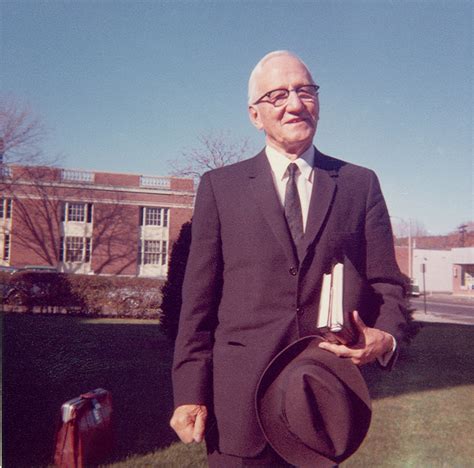A Quote by Wentworth Dillon, 4th Earl of Roscommon
I will not quarrel with a slight mistake, Such as our nature's frailty may excuse.
Related Quotes
Electronic brains may help us to use our heads but will not excuse us from that duty, and as to our hearts-cardiograms cannot diagnose what may be most ill about them, or confirm what may be best. The faithful woman and the versatile brave man, the wakeful intelligence open to inspiration or grace-these are still exemplary for our kind, as they always were and always will be.
A case can certainly be made that Christians bear a major responsibility for our ecological crisis. But the fault is not their biblical but their unbiblical view of nature. Christians have long failed to understand what the Bible really teaches concerning nature and our responsibility for it. For this there is no excuse. Repentance must be our first response. Our second response must then be to right the wrongs of our faulty understanding and act accordingly. We are all responsible to know what can be known of God's will for nature, and we are then responsible to act on that knowledge.
"Do you not quarrel, brother Heber?" says one. No, I do not. But; when a woman begins to dispute me, about nine times out of ten I get up and say, "Go it," and then go off about my business; and if ever I am so foolish as to quarrel with a woman, I ought to be whipped; for you may always calculate that they will have the last word.
To those who have lived long together, everything heard and everything seen recalls some pleasure communicated, some benefit conferred, some petty quarrel or some slight endearment. Esteem of great powers, or amiable qualities newly discovered may embroider a day or a week, but a friendship of twenty years is interwoven with the texture of life.
There is nothing in the nature of a miracle that should render it incredible:;: its credibility depends upon the nature of the evidence by which it is supported. An event of extreme probability will not necessarily command our belief unless upon a sufficiency of proof; and so an event which we may regard as highly improbable may command our belief if it is sustained by sufficient evidence. So that the credibility or incredibility of an event does not rest upon the nature of the event itself, but depends upon the nature and sufficiency of the proof which sustains it.


































